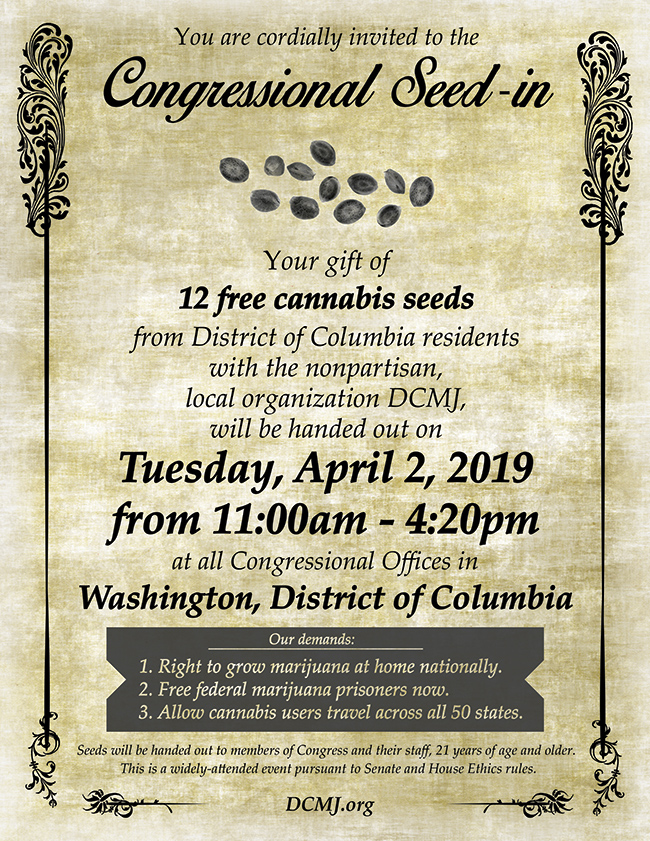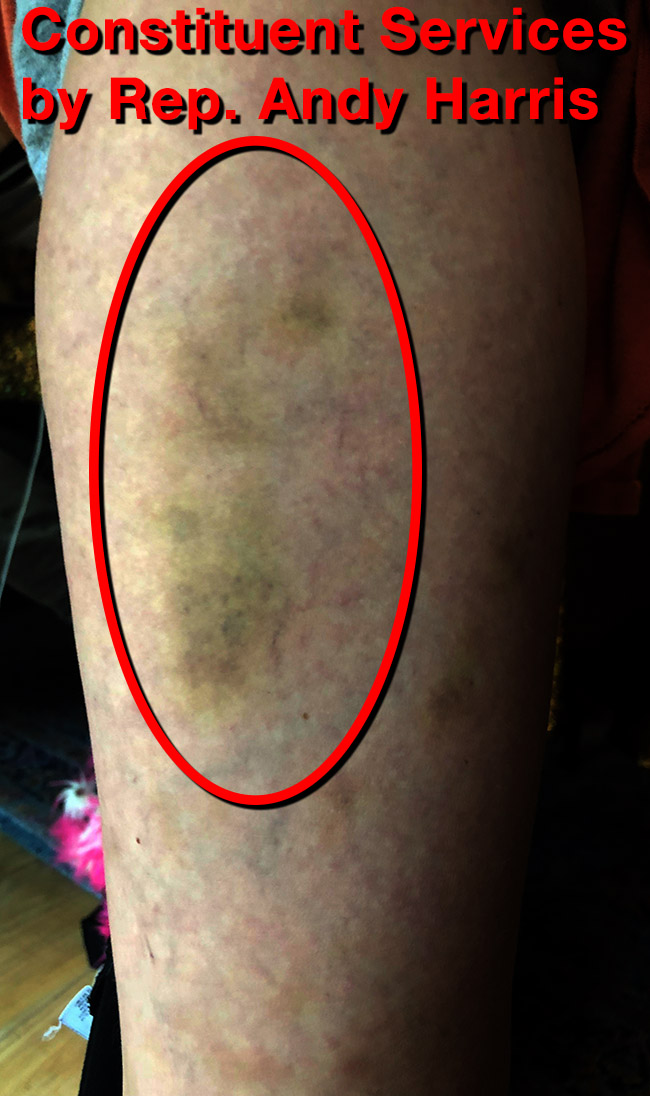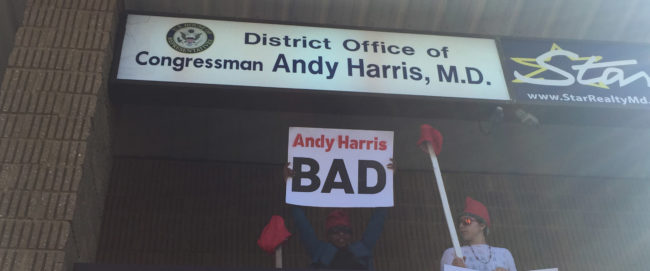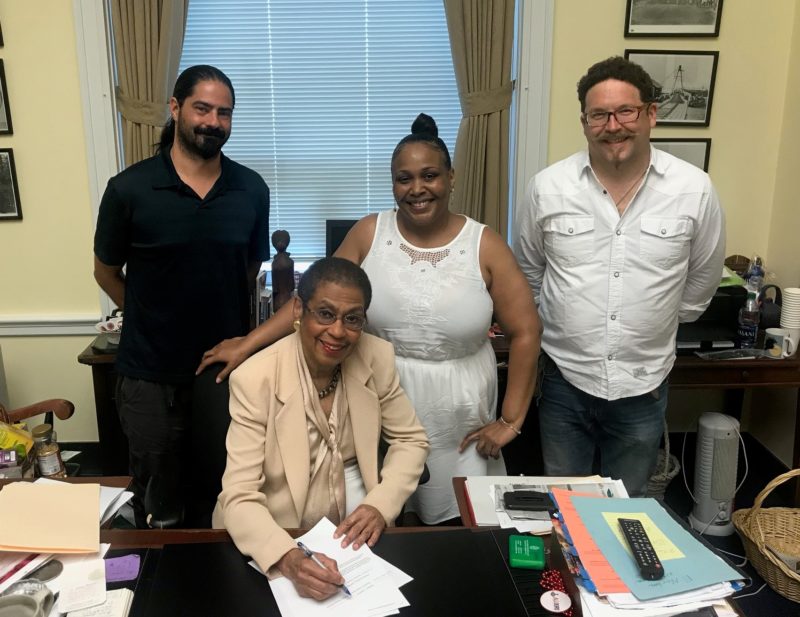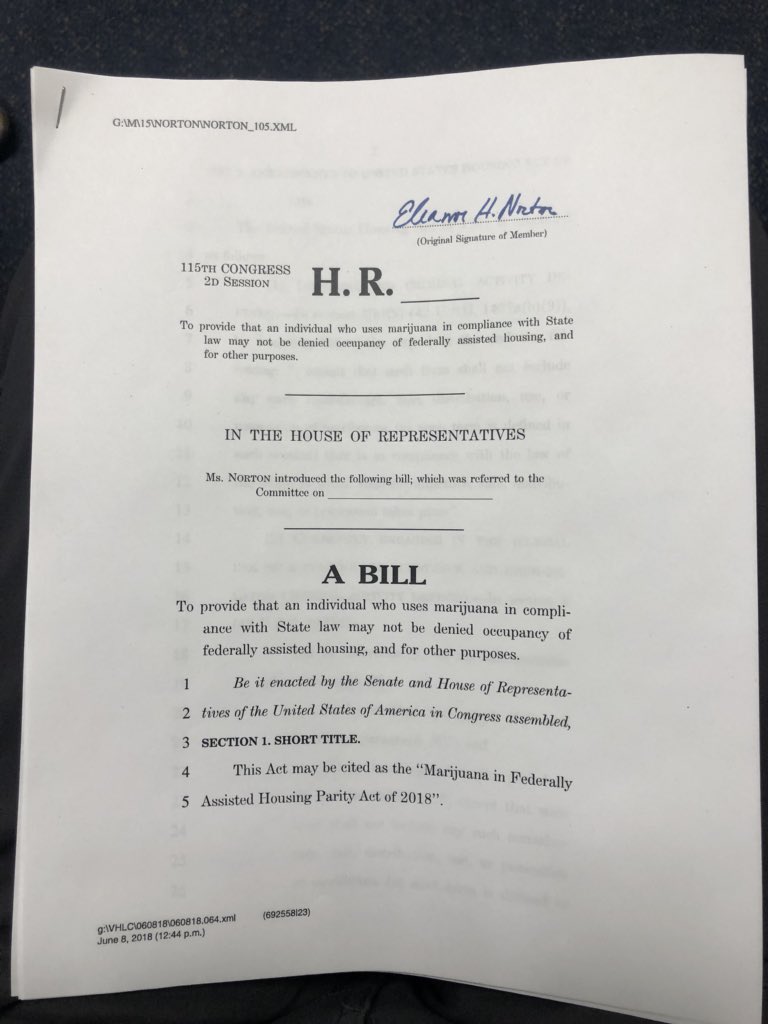DCMJ will soon be meeting with members of the DC government to discuss the proposed changes to DC’s cannabis legislation. Below are some of our suggestions and we’d love to hear from you as to what we should add or change. Please read the suggestions below and fill out the Google Form to provide us with needed feedback!
VERSION 2.0 IS BELOW! THANK YOU FOR THE FEEDBACK! We have updated the document:
Current and former cannabis users and growers in the DC have asked us to share some suggestions for model legislation that should be included in future cannabis reform legislation.
MICRO SALES OF HOMEGROW PERMITTED
Expert home growers in the District of Columbia may have yields higher than they need for personal use, while some horticulturalists often grow cannabis they will never consume. DCMJ wants expert growers to be able to sell their excess cannabis at farmer’s markets in the District of Columbia. By providing an outlet for locally grown cannabis, the DC government can ensure more dollars are circulated locally and collect sales tax.Moreover, many growers do not have the capital to invest in a large-scale growing facility, but can provide the marketplace with unique varieties of cannabis. Some strains of cannabis are not profitable for large-scale cultivation, but small home growers can fill the niche if they are given the opportunity to sell their extra cannabis. There is a fine line between legal sales and illegal sales and we believe it primarily involves volume of sales. No one cares if a gardener in DC sells their extra tomatoes to their next-door neighbor, and we believe the same case should be made for cannabis. However, if an adult wants to sell in an established marketplace, we believe they should obtain a “micro-cultivators license” to ensure they follow the rules. With this license, the grower would be permitted to transport more cannabis than regular citizens would be permitted to possess outside of their homes.
AUTOMATIC EXPUNGEMENT OF MARIJUANA RECORDS
There are many marijuana arrest & conviction records still on the books. These need to be deleted. Citizens should not be required to initiate the expungement, rather we are asking for legislation that compels the Attorney General’s office to begin the process of deleting all records related to marijuana arrests and convictions. This is being done in jurisdictions around the country and the District of Columbia should follow suit. Often people were arrested for other items, but cannabis was used as the pretext for the arrest. We believe these records should be expunged as well, with the exception of the possession of weapons or in the case of violent crime. More importantly, we believe the expungement should not have a time limit on how far back the arrest and/or conviction happened.
NO CAP ON LICENSES
The creation of government cartels, where only a few licenses are given out, only hurts the consumer. In every jurisdiction were licenses are scarce, prices for cannabis are dictated by the licensee, not the market and consumers end up paying more than they should. With thousands of alcohol licenses in DC, we’ve seen that the open market does a better job in ensure proper compliance and competition. We believe the same should happen within the District’s cannabis marketplace. The best way to ensure fair prices, quality product, proper taxation & regulation is to not place an arbitrary limit on the number of licenses at the beginning of the process, rather if the licensing becomes a burden on the government, then a cap should be temporarily placed on new licenses. By limiting the number of licenses from the start, we believe the DC government will be doing a disservice to entrepreneurs and consumers.
INCREASE PLANT COUNT THROUGH SQUARE FOOTAGE ALLOWANCE
Ballot Initiative 71 allows adults to grow 6 plants if they live alone and up to 12 plants if they live with another adult. One unique aspect of this law is that it doesn’t require the plants to be grown together, placed in a locked room, or other supposed safeguards other jurisdictions have arbitrarily placed on growing cannabis at home. We are not aware of any instances where cannabis plants have been stolen due to a lack of supposed safeguards. However, we have heard many requests from growers would that like to be able to use more space at their homes to grow more cannabis, but the current plant count limitation prevents this. In some jurisdictions the plant count is superceded by the amount of space a grower can legally use. For example, home growers with an extra bedroom could grow more than 12 plants in a 15’x15’ space but under the current law, they are capped at a maximum of 12 plants. We believe a home grower could register their grow space with DCRA, pay a “home grow license” fee, and be able to increase their plant count as long as the plants remain within the licenses space in their home. Akin to a home office, there is a license process that could be replicated to allow for home growers to increase their plant count without too much effort or strain on District government resources. With that said, DCMJ is against any changes to the rights created by voter-approved ballot initiativ. Meaning, if someone wants to grow 6 plants at home and not register with DCRA, they should be allowed to grow privately at home, but if they want to grow more than what Ballot Initiative 71 permits, they should register with DCRA.
EDIBLES & CONCENTRATES
Ballot Initiative 71 does not address cannabis-infused food items nor cannabis concentrates. Currently these are treated as “hash” under the District’s definition of cannabis. We believe the definition should be amended to be more comprehensive and include dry flower, edibles, concentrates, plants, and cuttings. We do not believe there should be any type of increase penalties for cannabis related offenses. Rather, we believe civil fines & community service are a better deterrent than jail time. With that said, many adults do not want to consume cannabis flower by the inhalation of smoke or vapor and would prefer to consume it through foods or drinks. While others prefer to consume cannabis in concentrated forms known as “wax” or “shatter” or “hash.” We believe that adults should be able to consume cannabis whichever way they prefer and there shouldn’t be arbitrary restrictions on the methods of consumption.
RE-DEFINE PLANT COUNT
The branches on a large female cannabis plant can be trimmed to create cuttings (otherwise known as “clones”). These cuttings can be placed in a glass of water and will eventually develop roots under proper lighting, whereupon the cutting can then be transferred to a growing medium, like soil, to grow into a full-sized plant. This is a popular way for growers to share their genetics with other growers. Ballot Initiative 71 does not adequately differentiate between a plant and a cutting. We believe home growers would benefit by a better definition of a plant being at least 12 inches in size. As in only cuttings that are 1 foot or taller would be considered a plant and anything below that size would be considered a cutting and not included in the total plant count. Moreover, a under Ballot Initiative 71 an adult can give up to an ounce of cannabis to another adult and the current interpretation of the law by many growers is that a cutting that weighs less than 1 ounce can be given to another adult in compliance with the law. If the definition of the plant is revised, we believe that adults should be able to give another adult at least 12 cuttings at a time. Since Ballot Initiative 71 does not differentiate between dry cannabis (flower aka “bud”) from non-smokable cannabis (a cutting), it would be in the best interest of growers to modify the law to clarify the gift of up to one ounce of cannabis to another adult concerns only dry cannabis and add that the another adult can give up 12 cuttings at a time.
RE-DEFINE WEIGHT COUNT TO INCLUDE EQUVALENTS
In 2016 the state of Colorado changed how possession limits of cannabis and cannabis equivalents are defined. Since Ballot Initiative 71 did not address the possession of edibles or concentrates, we believe the District of Columbia should follow Colorado’s lead in re-define weights and equivalents. Currently in Colorado, one ounce of cannabis flower is equivalent to 8 grams of cannabis concentrate and 800 milligrams of edibles.
SALE OF LIVE PLANTS
We believe that cannabis consumers would benefit from the ability to purchase live plants at any location dry cannabis is currently sold, including farmer’s markets. Transportation of a live plant would be exempted from the official weight count and the receipt the purchasers has in their possession after making the purchase would provide the adult a limited time to transport the live plant from the site of purchase to their home. We believe a 24 hour window is adequate for an adult to take the newly purchased plant home.
OUTDOOR CULTIVATION
As more adults grow cannabis at their homes, a strain is placed on the District’s electrical grid. One of the easiest ways a grower can save money while helping the environment is to grow their cannabis using natural sunlight. We believe that the cannabis plant belongs outdoors and the more regulations and restrictions that are placed on the plant, the more people believe that the plant should be coveted. No one cares about tobacco or hops plants people grow outdoors in DC, and the same should be said for the cannabis plant. If someone wants to grow their plants in the back yard, so be it, but the current law forbids this. We request that minor changes are made to the law so that it’s silent on whether the plant can be grown indoors or outdoors.
TAXES
It has been shown in other jurisdictions that when the government places high taxes on cannabis, the cannabis is diverted to the illicit market. The best way to ensure this does not happen in the District of Columbia is to keep the taxes low throughout the entire supply chain. We believe that a 10% sales tax for consumers should be maintained because it falls in line with the current sales tax for alcohol. However, sales tax collected between the grower, processor, and seller should be minimal because this is where the cannabis is most likely to be diverted. A minimal 1% sales tax on bulk sales to processors and dispensaries would ensure cannabis makes its way to the consumer without the cannabis becoming too expensive. By collecting license fees from the cultivators, processors, and dispensaries plus a small tax on transactions prior to the consumer’s final purchase, the DC government will ensure more cannabis is sold within licensed businesses. Moreover, we believe the tax on medical cannabis should be eliminated entirely. There is no other medicine in the District of Columbia that the government taxes. The $100 patient registration fee is direct tax on medical cannabis patients. They should not be forced to pay more for their medicine than other adults. In order to implement this, a dispensary would simply have to enter the patient’s ID number at the point of sale.
BANKING
With cannabis still a Schedule I substance in the eyes of the federal government, there is a reluctance for commercial banks to develop relationships with cannabis businesses. In order to provide financial safety and security to the District’s licensed cannabis businesses, we believe there should be a public banking option available. Businesses that deal only in cash are a bigger target for nefarious elements of our society and by providing a public banking option, the District government can ensure the timely collection of taxes.
FINES & COMMUNITY SERVICE – NOT JAIL TIME
We do not believe there should be there should be any jail time related to infractions concerning cannabis. The District of Columbia used to arrest nearly 1% of the population each year for cannabis and the net result was many destroyed lives. Jail time is not the best way to address infractions to cannabis laws, rather we believe fines and community service are a better deterrent than jail time. Jail time costs society and the District government more in resources than fines and community service.
COMMUNITY INPUT
As old laws change, the non-cannabis consuming or growing community is not always kept abreast of the changes. DCMJ would like to assist in having town hall meetings in all 8 Wards of the District of Columbia so that citizens throughout Washington will be able to contribute their input to the legislation.
